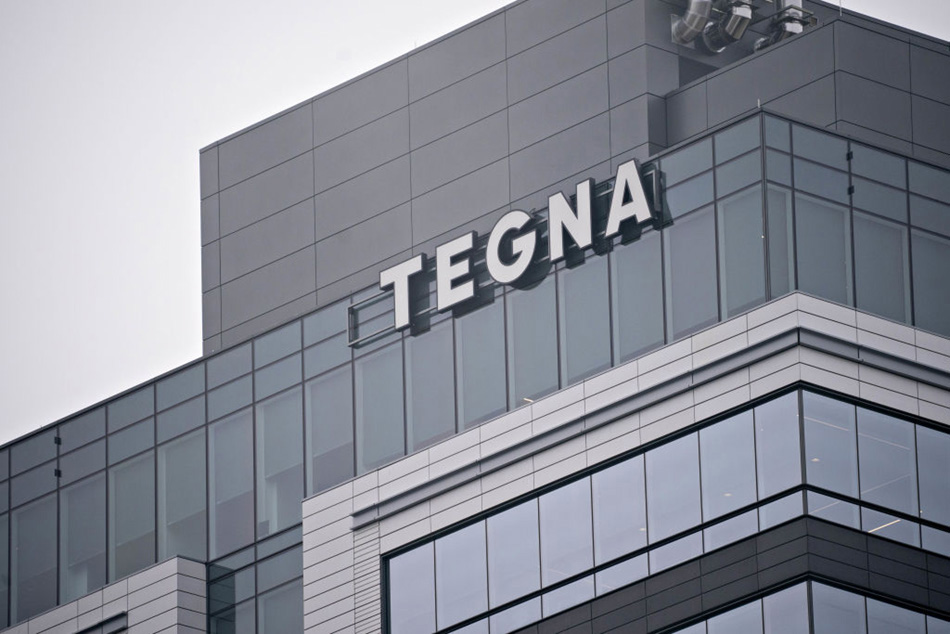FCC Won't Complete Standard General-Tegna Deal Vetting This Year
Seeks comment on new proposals to resolve critics' concerns

The smarter way to stay on top of broadcasting and cable industry. Sign up below
You are now subscribed
Your newsletter sign-up was successful
The seemingly never-ending Federal Communications Commission review of the Standard General-Tegna merger will continue into the new year.
The FCC has sought comment on Standard General's latest attempts to get the agency to sign off on the deal and has given commenters until January 20, after which it must vet those comments. That means the FCC likely won't be making any decision until at least early February (to demonstrate that it vetted those latest comments before making its decision).
Tegna, which owns 64 TV stations in 51 U.S. markets, agreed to be acquired by Standard General in February for $8.6 billion including debt. It also owns multicast networks True Crime Network, Twist and Quest and advanced-advertising company Premion.
On December 16, Standard General told the FCC that it would not try to apply retransmission-consent agreements currently in place between Standard General's Cox Media Group TV stations and Tegna stations (so-called after-acquired clauses). Critics of multichannel video programming distributors (MVPDs) have pointed to the potential of those clauses, meaning they would have to start shelling out more for Tegna stations.
Then, on December 22, responding to concerns about newsroom cutbacks, Standard General pledged to the FCC “not to conduct any journalism or newsroom staffing layoffs” for at least two years, and said it would recognize the labor unions with current collective bargaining agreements with Tegna. Standard General has consistently said concerns about post-merger staff cuts at Tegna stations were unfounded.
On December 23, Standard General, which was clearly hoping to get the FCC to make a decision ASAP after months of vetting, said it would agree to all of the retransmission consent-related conditions that NCTA-The Internet & Television Association had wanted for as long as it owned Tegna.
But the FCC now wants comment on that, the latest iteration in what has been a process with numerous iterations as critics raised issues, the FCC sought more documents from the merging parties about those issues, the parties responded, and the FCC sought comment on those comments, then reply comments to those comments on the comments.
The smarter way to stay on top of broadcasting and cable industry. Sign up below
The FCC is now on day 249 of its informal 180-day shot clock on reviewing proposed mergers. ▪️
Contributing editor John Eggerton has been an editor and/or writer on media regulation, legislation and policy for over four decades, including covering the FCC, FTC, Congress, the major media trade associations, and the federal courts. In addition to Multichannel News and Broadcasting + Cable, his work has appeared in Radio World, TV Technology, TV Fax, This Week in Consumer Electronics, Variety and the Encyclopedia Britannica.

